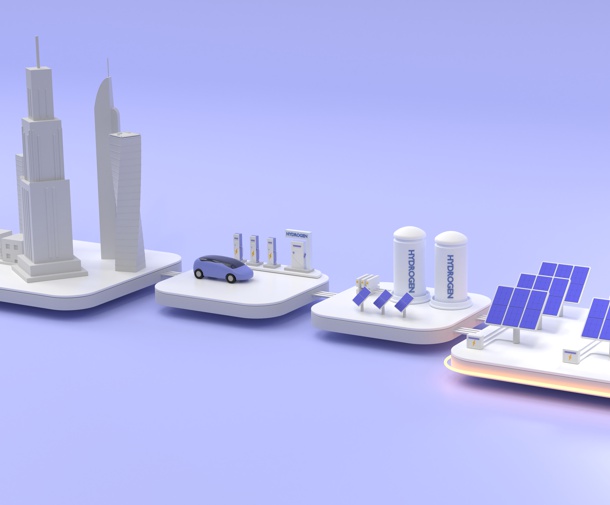- About CPTEn
- Thematic Axes
- Artificial intelligence and data science for energy management
- Regulatory innovation and funding and partnerships models
- Public policies and governance
- Economic analyses for prospection and scenarios
- Education, training and qualification of agents for sustainability
- Transition to renewable energy and bioenergy
- Transition to digital networks and smart consumption (Grid Edge Technology)
- Innovation for smart cities
- Newsletter
- CPTEn NEWSLETTER – Issue 1 – May/June 2023
- CPTEn NEWSLETTER – Issue 2 – July/August/September 2023
- CPTEn NEWSLETTER – Issue 3 – October/November/December 2023
- CPTEn NEWSLETTER – Issue 4 – January/February 2024
- CPTEn NEWSLETTER – Issue 5 – March/April/May 2024
- CPTEn NEWSLETTER – Issue 6 – June/July/August 2024
- CPTEn NEWSLETTER – Issue 7 – September to December 2024
- CPTEn NEWSLETTER – Issue 8 – January to April 2025
- CPTEn NEWSLETTER – Issue 9 – May to September 2025
- Contact
Português
Energy Transition in practice
About the Center our objectivesour methodsand our values
The São Paulo Center for Energy Transition Studies - CPTEn is one of the Science for Development Centers (CCD-SP) supported by FAPESP, dedicated to the theme “Energy for development and energy efficiency”. Headquartered at the State University of Campinas (UNICAMP), the project aims to contribute to energy management and transition in the State of São Paulo in all segments of the public administration, focusing on actions that empower public management of electricity.
+80
Researchers in the GroupCPTEn’s activities follow the concept of living laboratory, with projects that experiment with new solutions and technologies in real life situations, bringing researchers and society together in collectively gathering knowledge. Within this concept, Unicamp has already achieved great success through the Sustainable Campus program.
Currently, the Government of São Paulo maintains more than 30,000 buildings, which consume around 1,200,000 MWh/year in electricity, with an estimated annual cost of R$ 670 million (2019 data). For this reason, an energy management program was launched in 2020 aiming for a 30% in savings in electricity costs, starting in 2022. This represents a reduction of R$ 200 million/year.
The program includes the readjustment and modernization of equipment, new contracts with distributors, implementation of photovoltaic solar energy generators, among other measures.
For the State’s public administration to achieve these objectives, CPTEn will act in the academic and technical training of professionals, research and technology development and will contribute to the implementation of multidisciplinary energy efficiency projects, acting along public agencies and private.
Another strategy that will be employed is a multidisciplinary approach, which allows the integration of knowledge in the areas of engineering, computing, law, public policy, economics, education and management.
Our initiatives are organized in eight thematic axes:
- Artificial intelligence and data science for energy management
- Regulatory innovation and funding models and partnerships
- Public policies for goal achievement
- Economic analyses for prospection and scenarios;
- Education, training and qualification of agents for sustainability
- Transition to renewable energy and bioenergy
- Transition to digital networks and smart consumption (Grid Edge Technology)
- Innovation for smart cities
Quick links
The 08 Thematic Axes
Click the boxes below to find out more about each of our work and study axes.
Mission
Development
To develop research, technologies and innovative solutions in the areas of energy management, efficiency and transition, improving people's quality of life and promoting environmental, economic and social sustainability.
Vision
Transformation
Make the State of São Paulo a leader and protagonist in energy management and in the energy transition process, transforming it into a national and international reference. For this, CPTEn will bring together research and technological development talents, funding sources, companies and institutions, both public and private, all creating innovations that promote our environmental, economic and social goals.
Values
Renovation
- Disciplinary transgression as an essential condition for interdisciplinary action that promotes disruptive innovation;
- The inseparable connection with the sustainability agenda;
- The long-term ambition for zero greenhouse gas emissions by 2050;
- Education as a transforming force for a new society;
- Development model based on projects and actions with local impacts and exponential growth potential.








